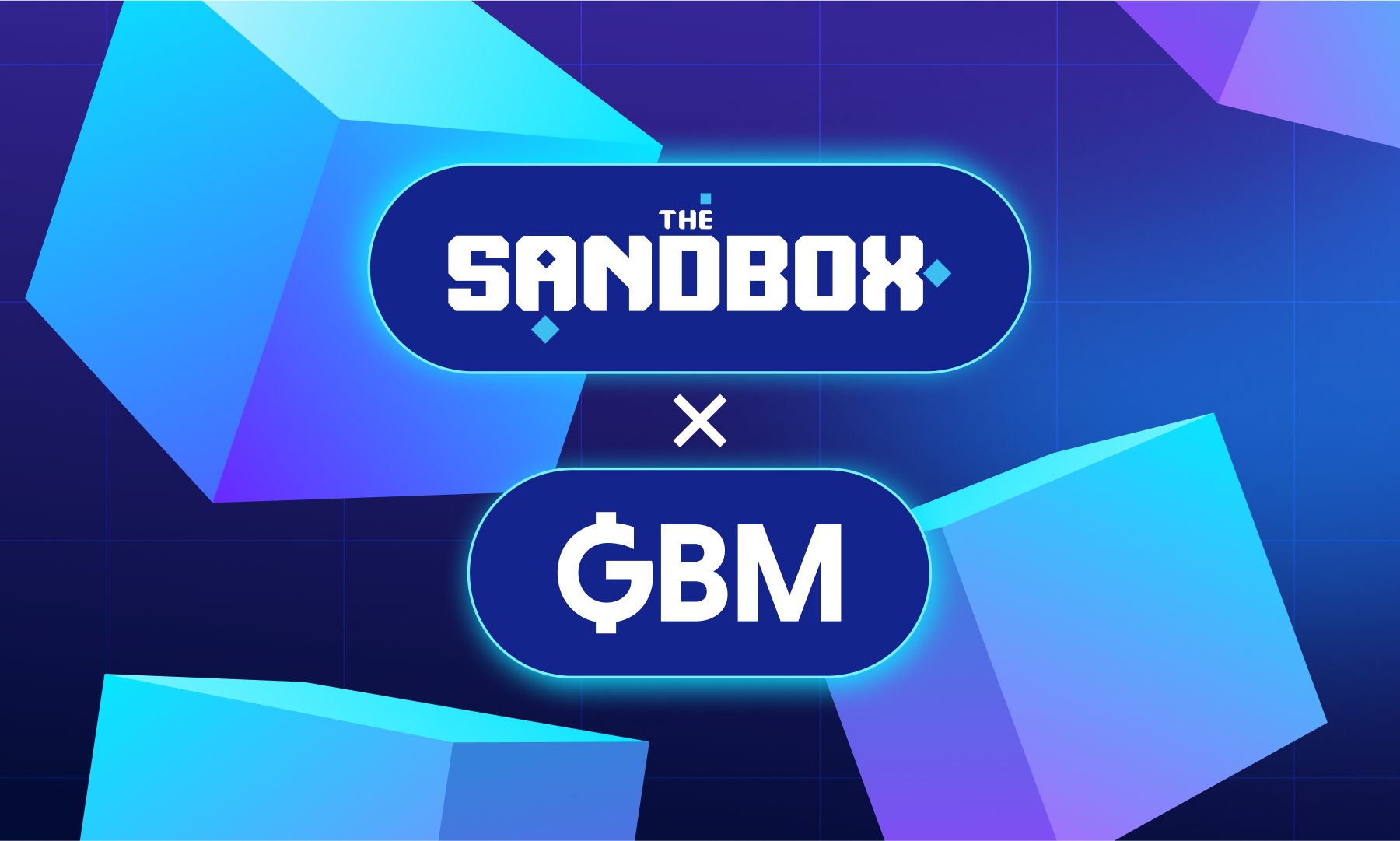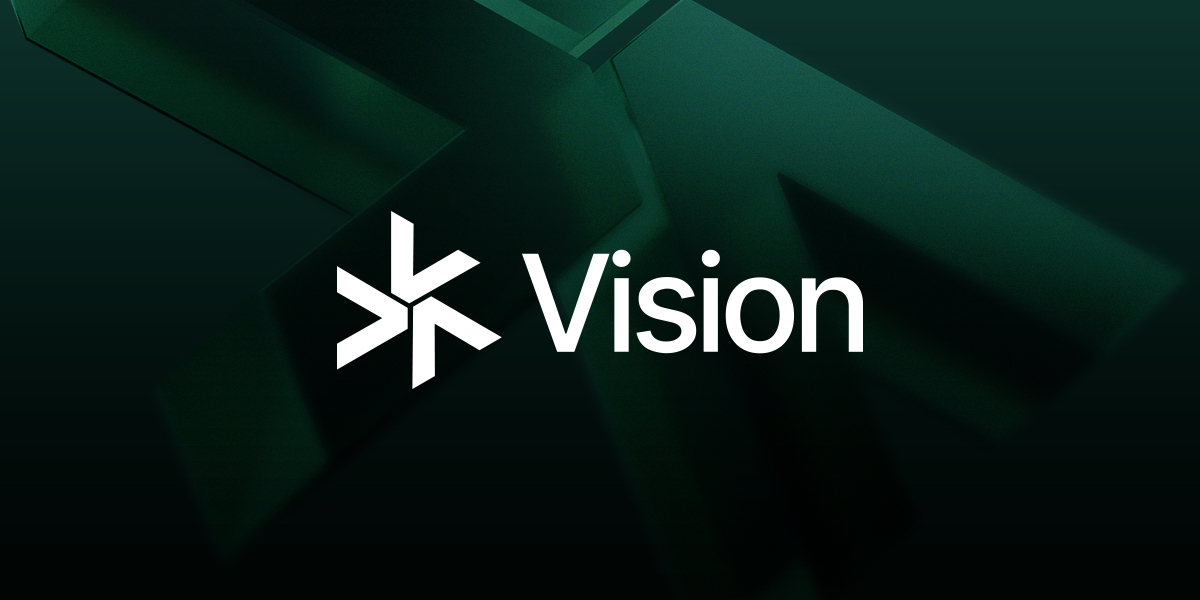To fully grasp the concept of a token standard, it is essential to first understand smart contract standards. A smart contract standard lays out the rules and guidelines that a smart contract must adhere to in order to effectively utilize the underlying blockchain network. These standards are specific to blockchains that are designed for smart contracts and other decentralized applications (DApps). Token standards, name registries, library or package formats, and more can all fall under the umbrella of a smart contract standard.
By establishing a standard, a smart contract is required to fulfill certain criteria, enabling fundamental functions such as token creation and transaction execution. Smart contract standards play a crucial role in the network as they define the rules for utilizing the blockchain network. A well-designed standard facilitates efficient communication among different smart contracts within the same blockchain network. The proliferation of smart contracts and their interoperability contribute to the overall development of the blockchain ecosystem.
The token standard is a subset of the smart contract standard. In blockchains that support smart contracts, the token standard provides instructions on creating, issuing, and deploying new tokens based on the underlying blockchain. Tokens are digital assets that can represent various types of value, such as cryptocurrency, loyalty points, or even ownership rights to physical assets.
Ethereum, one of the most widely used blockchains for constructing smart contracts, has developed various token standards to support different types of smart contracts. The Ethereum Request for Comment (ERC) is the most prevalent token standard today. ERC standards provide a set of rules and guidelines that developers can follow to create and interact with tokens on the Ethereum blockchain.
What is Understanding ERC Standards?
ERC stands for Ethereum Request for Comment and refers to the process by which proposals for new token standards or changes to existing standards are submitted. ERC standards have become widely adopted and have become the de facto token standards on the Ethereum network.
One of the most well-known ERC standards is ERC-20. ERC-20 is the standard for fungible tokens on the Ethereum network. Fungible tokens are interchangeable with each other, meaning one token can be exchanged for another token of the same type and value. ERC-20 tokens have gained significant popularity due to their utility in Initial Coin Offerings (ICOs) and as a means of representing digital assets.
Another notable ERC standard is ERC-721, also known as the Non-Fungible Token (NFT) standard. Unlike fungible tokens, NFTs are unique and indivisible. They can represent one-of-a-kind assets such as digital art, collectibles, or virtual real estate. ERC-721 tokens have revolutionized the concept of ownership and provenance on the blockchain, allowing for the secure transfer and verification of unique digital assets.
ERC-777 is an advanced token standard that aims to improve upon the functionality and usability of ERC-20 tokens. It introduces additional features such as built-in hooks, which allow for enhanced control and customization of token behavior.
ERC-1155 is a multi-token standard that supports the creation of both fungible and non-fungible tokens within the same smart contract. This standard provides flexibility and efficiency by reducing the number of smart contracts needed to manage different types of tokens. It is particularly useful for blockchain-based gaming and other applications that require a combination of fungible and non-fungible assets.
What is the importance of Token Standards?
Token standards provide a common framework and set of rules for developers, businesses, and users to interact with tokens on a blockchain. They enable seamless interoperability between different tokens and ensure that they can be easily integrated into various applications and decentralized exchanges.
Having well-established token standards also fosters trust and confidence in the blockchain ecosystem. Users can have a clear understanding of the functionality and properties of a token based on its compliance with a specific token standard. This simplifies the process of evaluating tokens and reduces the risk of scams or fraudulent activities.
Additionally, token standards promote innovation and collaboration among developers. By providing a standardized framework, developers can focus on building new and innovative decentralized applications without having to reinvent the wheel. They can leverage existing token standards and collaborate with other projects to create interoperable ecosystems.
What is the conclusion?
A token standard is an integral part of the broader smart contract standards in blockchain networks. It provides a set of rules and guidelines for the creation, issuance, and deployment of tokens. Token standards enable seamless communication and interoperability between different tokens and serve as the foundation for the development of various decentralized applications.
Ethereum’s ERC standards, such as ERC-20, ERC-721, ERC-777, and ERC-1155, have played a crucial role in shaping the blockchain ecosystem and have gained widespread adoption. These standards have revolutionized tokenization, enabling the representation and transfer of various digital assets.
As the blockchain industry continues to evolve, token standards will continue to play a vital role in facilitating innovation, fostering collaboration, and ensuring the seamless integration of tokens into various applications and exchanges.















